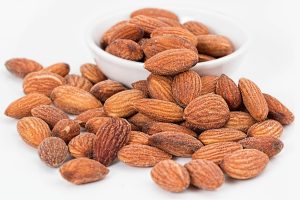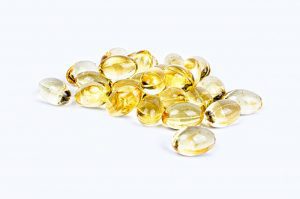How can you improve your immune system in the wake of a pandemic? As you know, in the recent outbreak of COVID-19 every one wants to improve its defense system, against the lethal germs of coronavirus. primarily, the immune system is the prime defender of your body which strengthen your body’s defense system and makes it active against foreign invading substances. On the whole, your immune system does a remarkable job of defending you against disease-causing microorganisms. But sometimes it fails: A germ invades successfully and makes you sick. Is it possible to intervene in this process and boost your immune system?
What can you do to boost your immune system against the COVID-19
The immune system is entirely a system, not an entity. To function well, it requires balance and harmony. However, researchers are exploring the health effects of diet, exercise, age, psychological stress, and other factors on the immune response, to prevent humans from micro-organisms, bacteria, and germs. In the meantime, general healthy-living strategies are a good way to start giving your immune system the upper hand.
A healthy way to brace the immune system
The defense line of your body is to choose a healthy lifestyle. Every part of your body functions well when it is protected from environmental assaults and bolstered by healthy-living strategies such as:
- Firstly, Avoid smoking
- Then, eat a diet high in fruits and vegetables.
- Also, exercise regularly.
- Please, maintain a healthy weight.
- If you drink alcohol, drink only in moderation.
- Also, get adequate sleep.
- Also, take steps to avoid infection, such as washing your hands frequently and cooking meats thoroughly.
- Do try to minimize stress.
If you are immunocompromised protect yourself form COVID-19
Many conditions and treatments can weaken a person’s immune system (making them “immunocompromised”). Some of these include:
- Cancer
- Bone marrow transplant
- Solid-organ transplant
- Stem cells for cancer treatment
- Genetic immune deficiencies
- HIV
- Use of oral or intravenous corticosteroids
Prevent from COVID-19 by adopting simple strategies
- Wash your hands with soap and water for at least 20 seconds.
- If in case soap is not available then use a hand sanitizer that contains at least 60% alcohol.
- Stay confined to the home and practice social distancing measures.
- Avoid large gatherings where people congregate.
- Cover your mouth and nose with masks when around others to protect other people in case you are infected, and ask others to do the same.
- Clean and disinfect frequently touched surfaces like tables, doorknobs, switches, handles, desks, and phones.
Micronutrients that can boost up the immune system against COVID-19
The rapidly spreading coronavirus disease (COVID-19) is taking a harsh toll on immunocompromised individuals. According to the Centers for Disease Control and Prevention (CDC), factors linked to immunity like age and underlying conditions determine the risk of infection. Fortunately, micronutrients play important roles in immunity and health-being.
The following are vitamins and minerals that play important roles in immunity enhancement.
Vitamin B:
The B complex vitamin known as folate aids various body functions including immunity, metabolism, and DNA synthesis. In particular, folate facilitates cell growth and development. Common sources of folate include leafy greens, beans, legumes, avocados, and broccoli.
Vitamin C:
It is a widely know immune-boosting micronutrient. As a powerful antioxidant, vitamin C has antibacterial and anti-inflammatory effects against pathogens. It also stimulates the production of antibodies and white blood cells that prevent disease. It includes citrus fruits like oranges, grapefruits, and lemon.
Vitamin E:
Its higher concentration is found in immune cells than other cells. Moreover, vitamin E regulates the number of natural killer cells that prevent viral infections. Additionally, vitamin E deficiency is known to impair immune responses to infection, weaken muscles, and increase the risk of chronic diseases. It includes nuts, seeds, peanuts, pumpkin seeds, and cashew.
 Vitamin D:
Vitamin D:
Importantly, it regulates the body’s antimicrobial response. Also, it reduces the risk of autoimmune diseases like IBD and multiple sclerosis. vitamin D. Common food sources of vitamin D include mushrooms, eggs, raw milk, salmon, tuna, mackerel, sardines, and whole-grain oats.
 Beta carotene:
Beta carotene:
Necessarily, it is the plant compound that body converts it into vitamin A and important for eye health and maintenance. It enhances immunity by regulating anti-bacterial and anti-inflammatory immune responses. Foods that contain high amounts of vitamin A include bright vegetables like carrots, pumpkin, cantaloupe, and bell peppers.
Your typical vitamin C daily supplement is about 1,000 mg, but the recommended daily amount of vitamin C for adults is 75 to 90 mg.
The recommended daily amount of zinc for adults is 8 to 11 mg.




